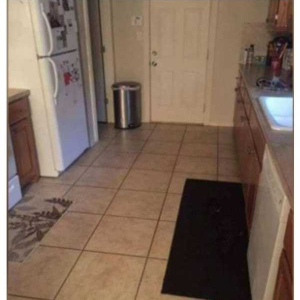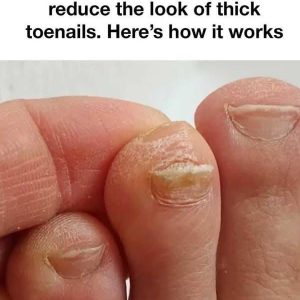Pet owners are being urged to exercise caution after the tragic death of Craig Jones, a 49-year-old father of two from Dublin, Ireland.
Jones succumbed to sepsis in December 2022, an infection believed to have been transmitted through his dog’s saliva.
This incident underscores the potential health risks associated with close contact between humans and their pets.
Incident Overview
Craig Jones, who suffered from severe psoriasis—a condition causing scaly patches and open sores—had an open wound on his leg. It’s reported that his pet beagle licked this wound, introducing harmful bacteria into his bloodstream. Despite being hospitalized, Jones experienced multiple cardiac arrests and ultimately died from organ failure.
Understanding the Risks
While rare, infections from pet saliva can be severe. Dogs and cats may carry various bacteria in their mouths, including Capnocytophaga canimorsus, which can lead to serious infections in humans, particularly those with compromised immune systems. In 2019, a 63-year-old man in Germany died after contracting a rare infection from his dog’s lick, highlighting the potential dangers.
Preventative Measures for Pet Owners
To minimize health risks associated with pet interactions:
- Maintain Good Hygiene: Regularly wash hands after handling pets and avoid allowing them to lick open wounds or broken skin.
- Proper Wound Care: Keep any cuts or sores clean and properly bandaged to prevent bacterial entry.
- Monitor Health: Be vigilant for signs of infection, such as redness, swelling, or unusual pain around a wound, and seek medical attention if symptoms arise.
- Regular Veterinary Care: Ensure pets receive routine check-ups and vaccinations to maintain their health and reduce the risk of transmitting infections.
Conclusion
While pets provide companionship and numerous benefits, it’s essential for owners to be aware of and mitigate potential health risks. Implementing simple hygiene practices and being attentive to both personal and pet health can help prevent rare but serious infections.





